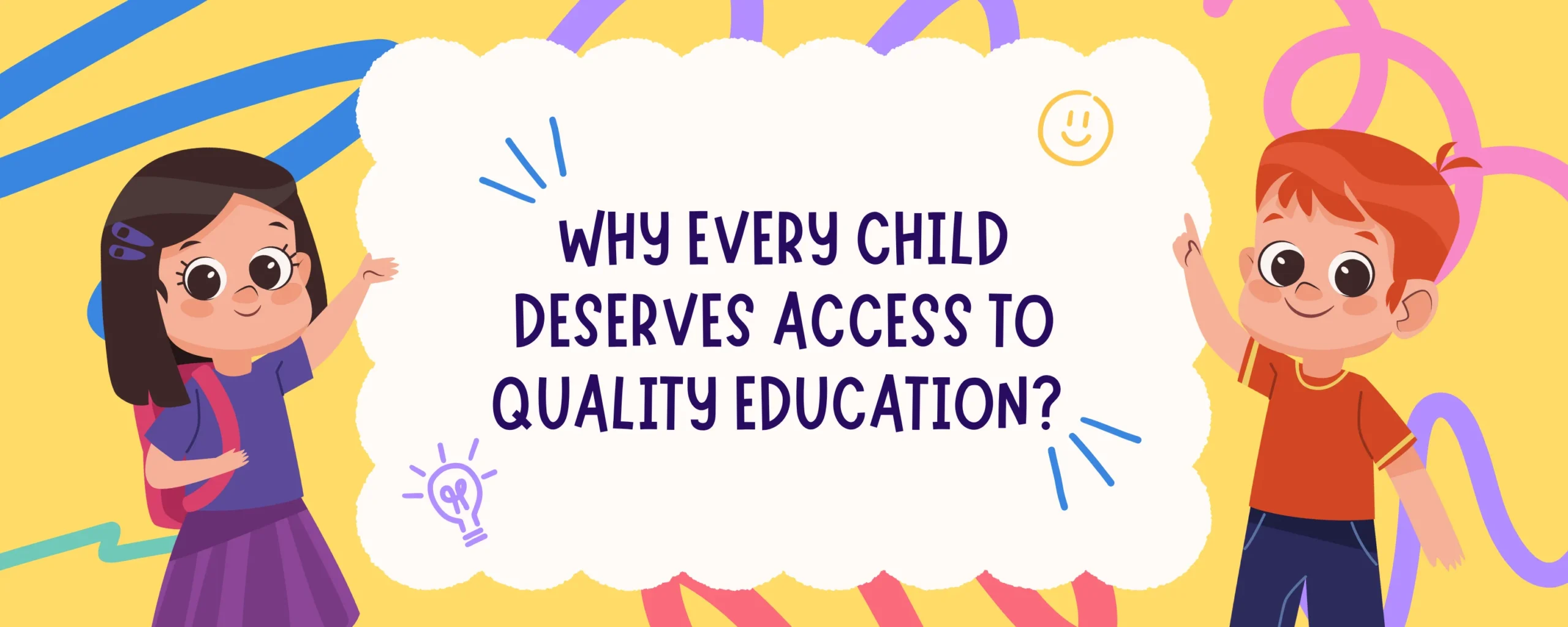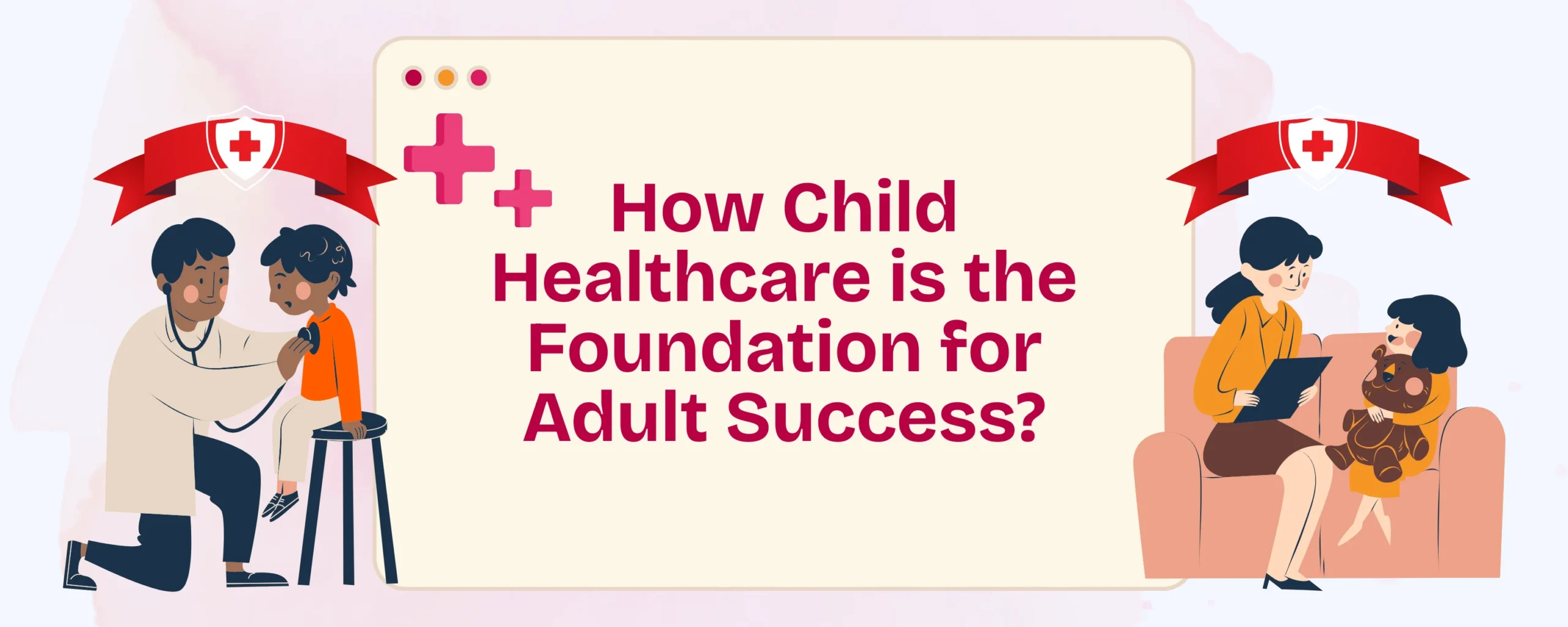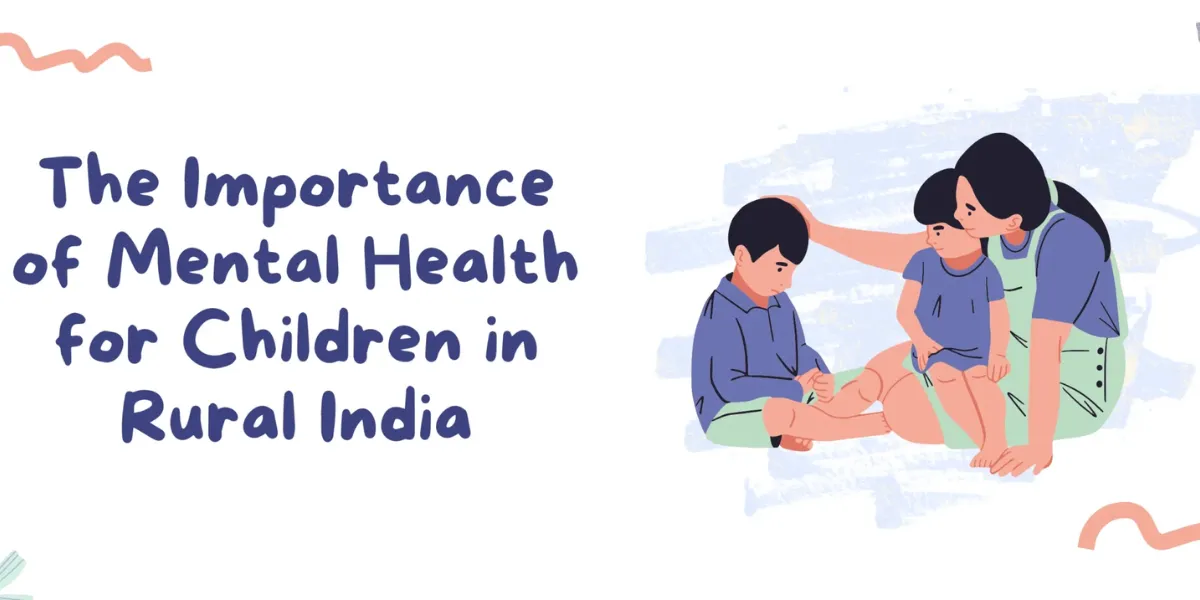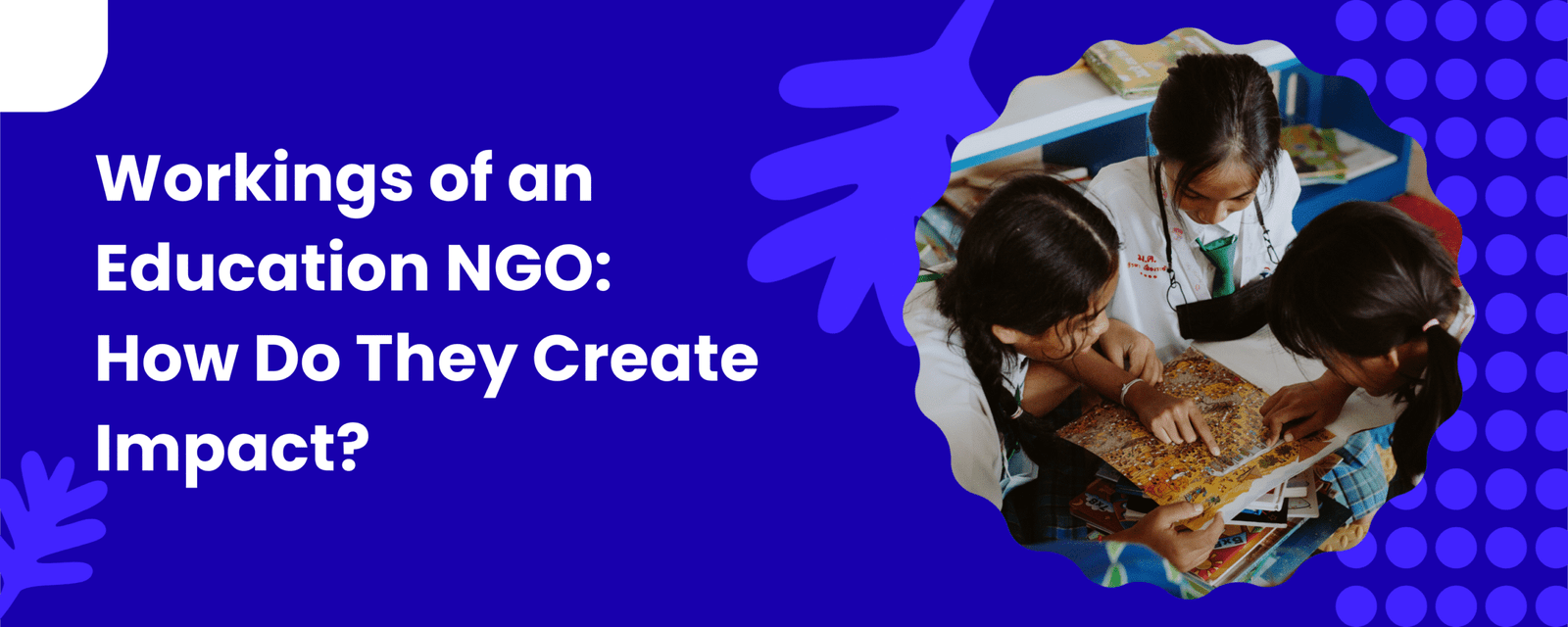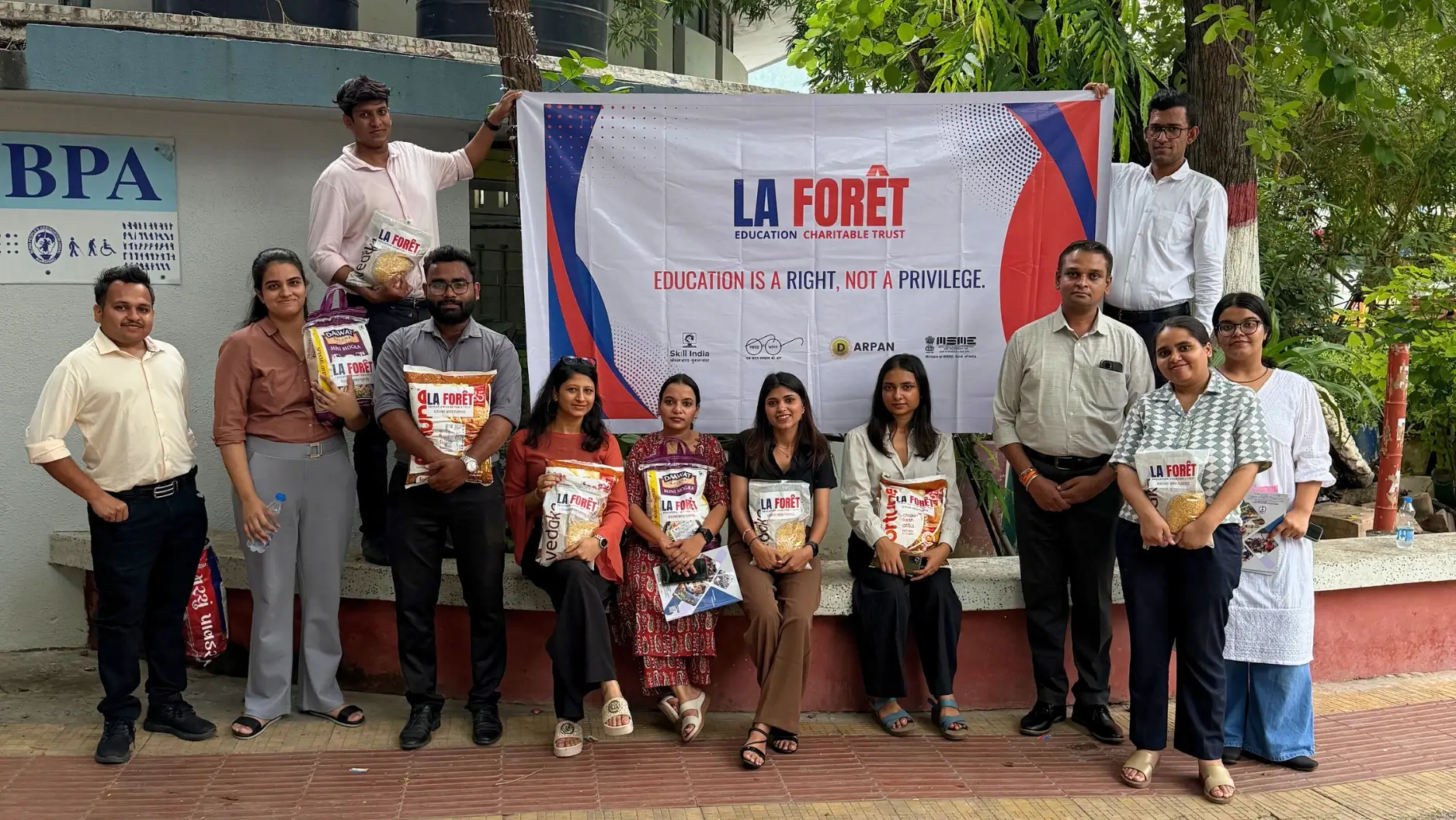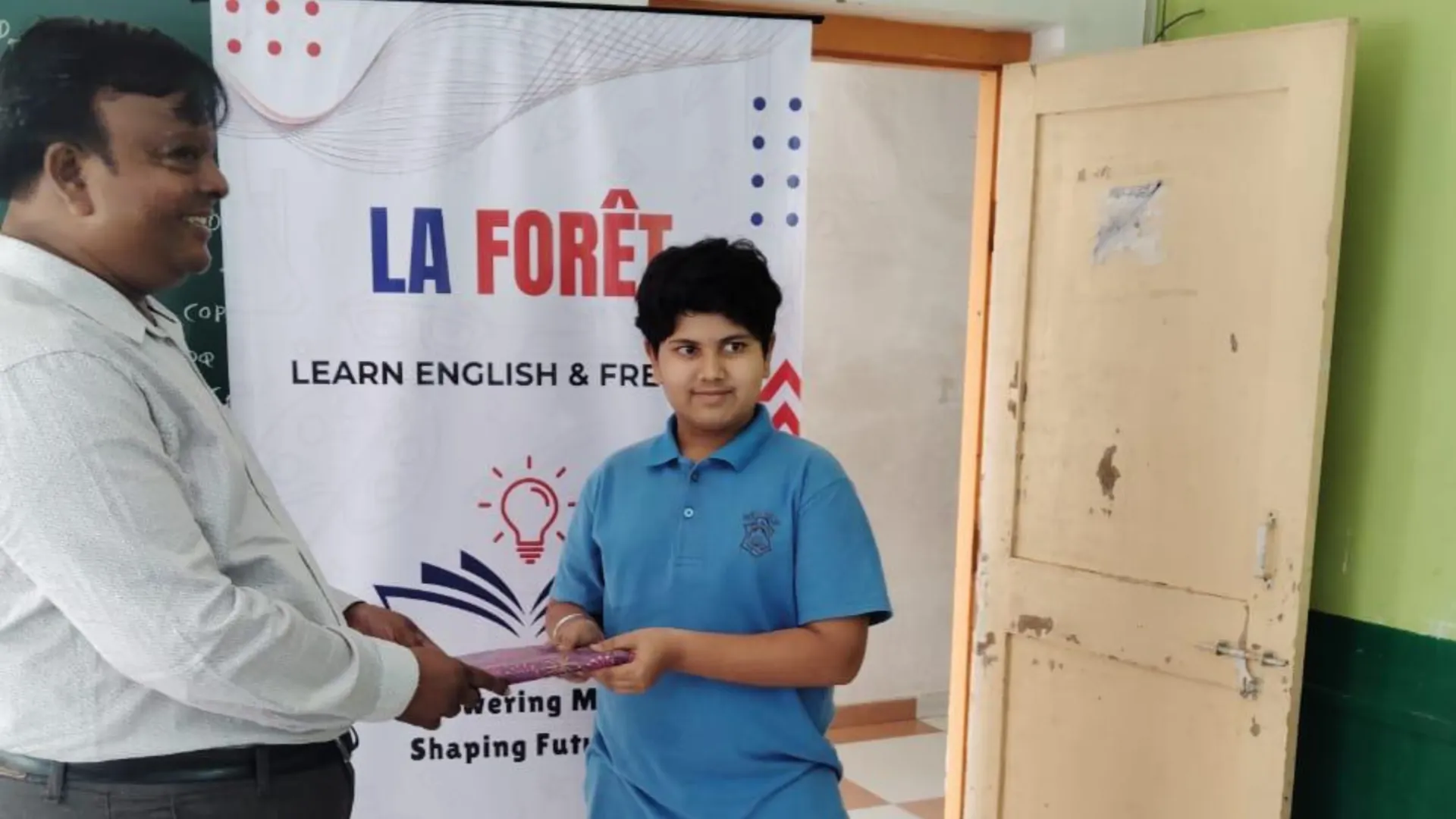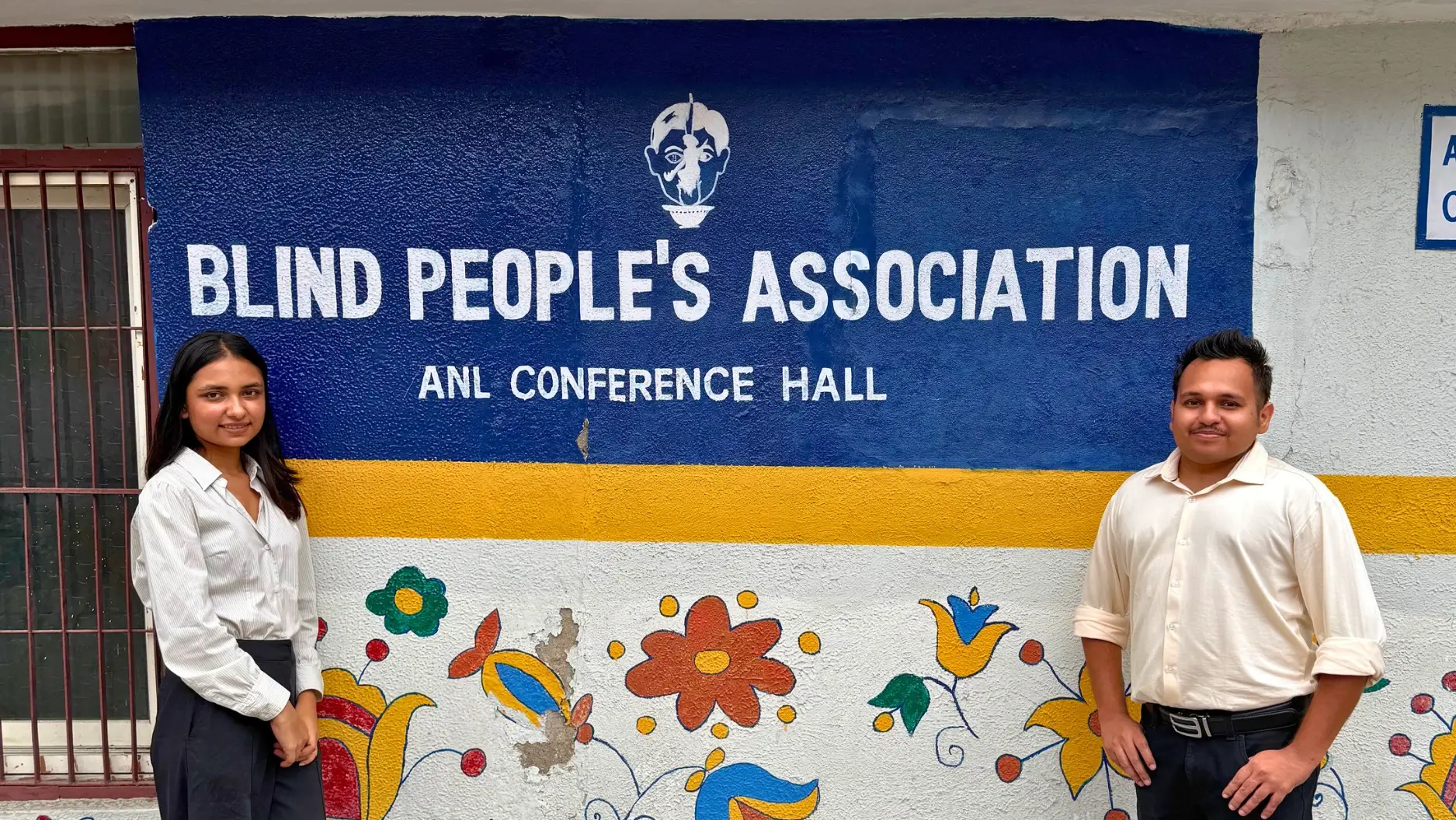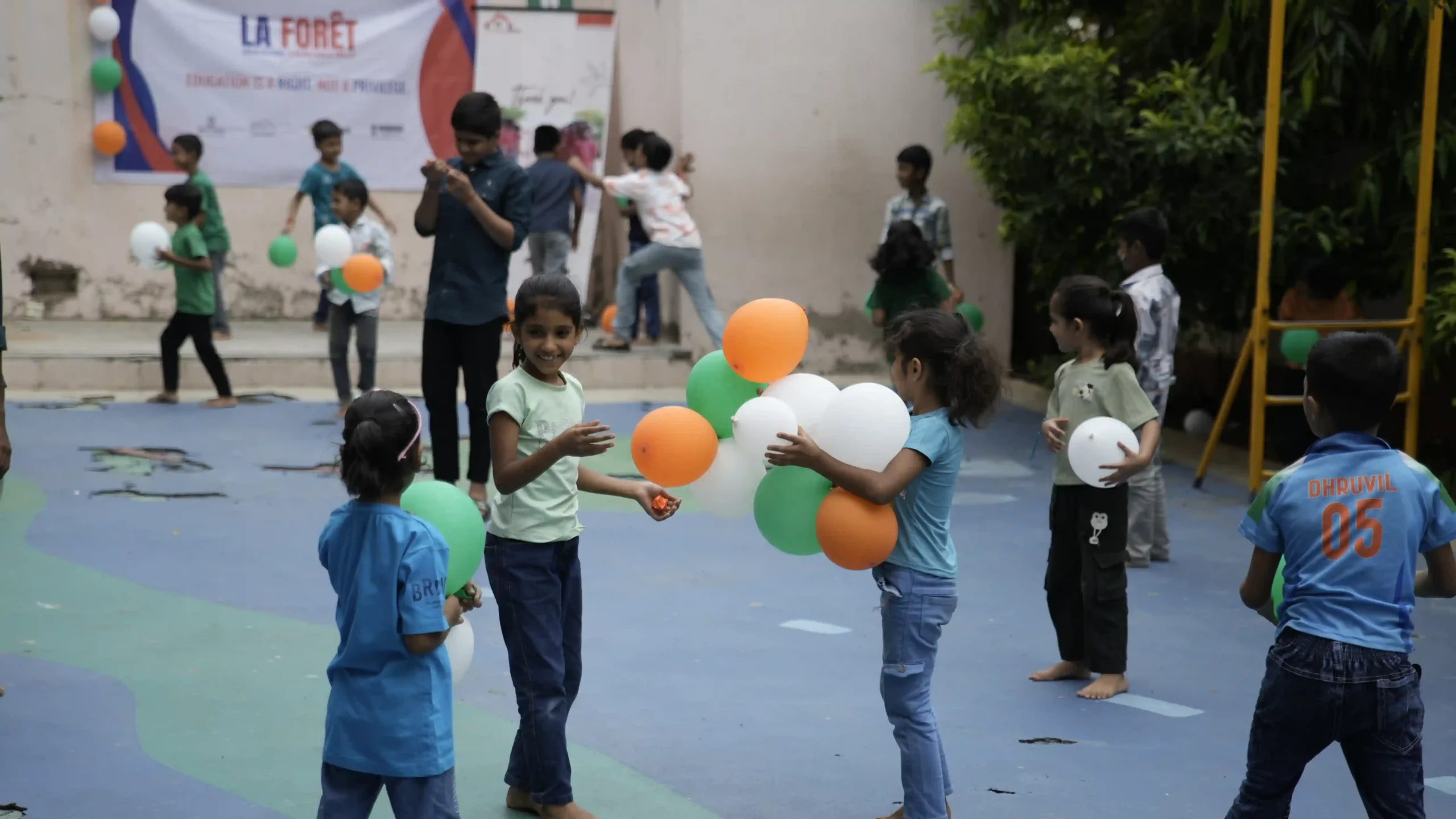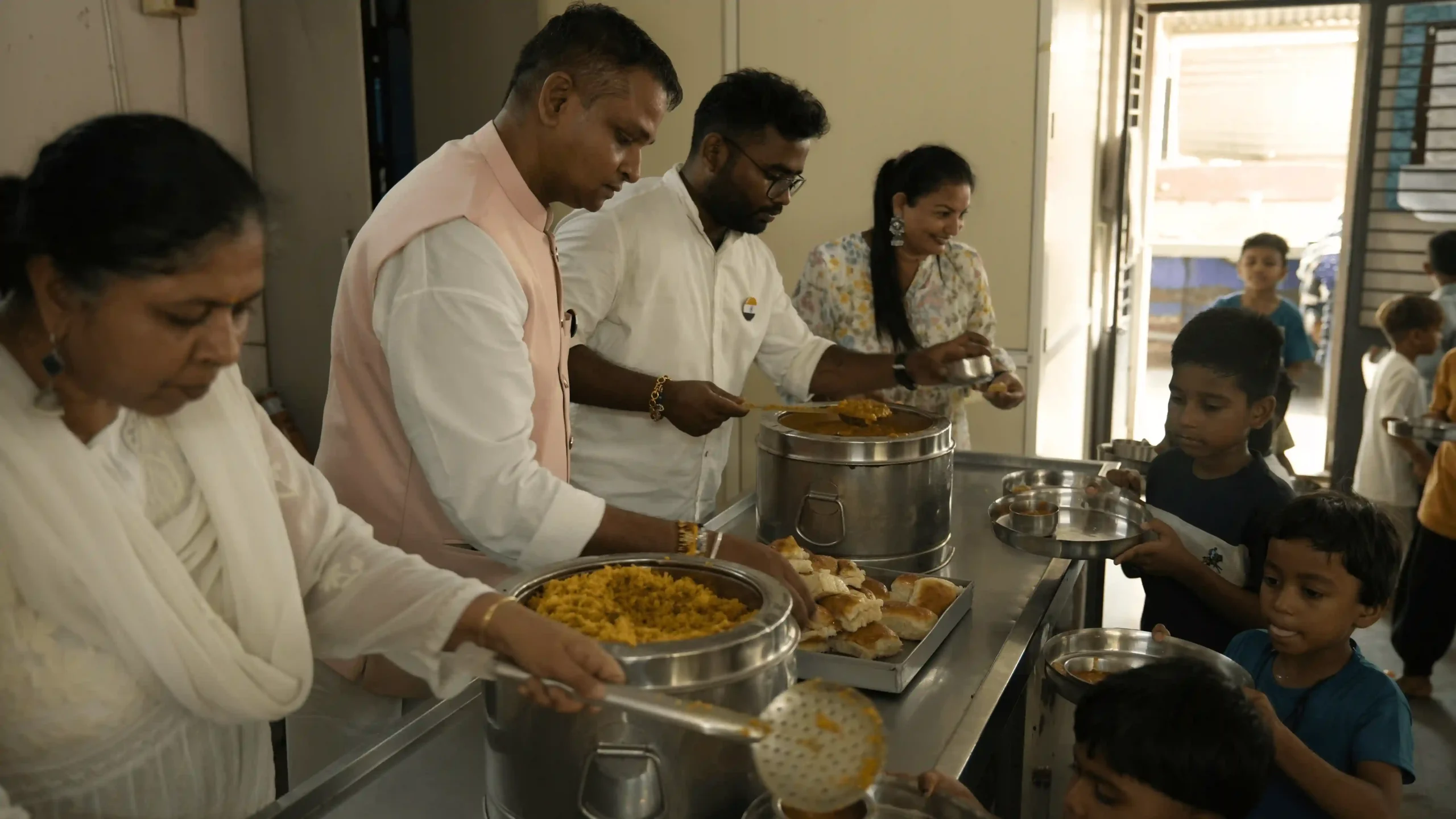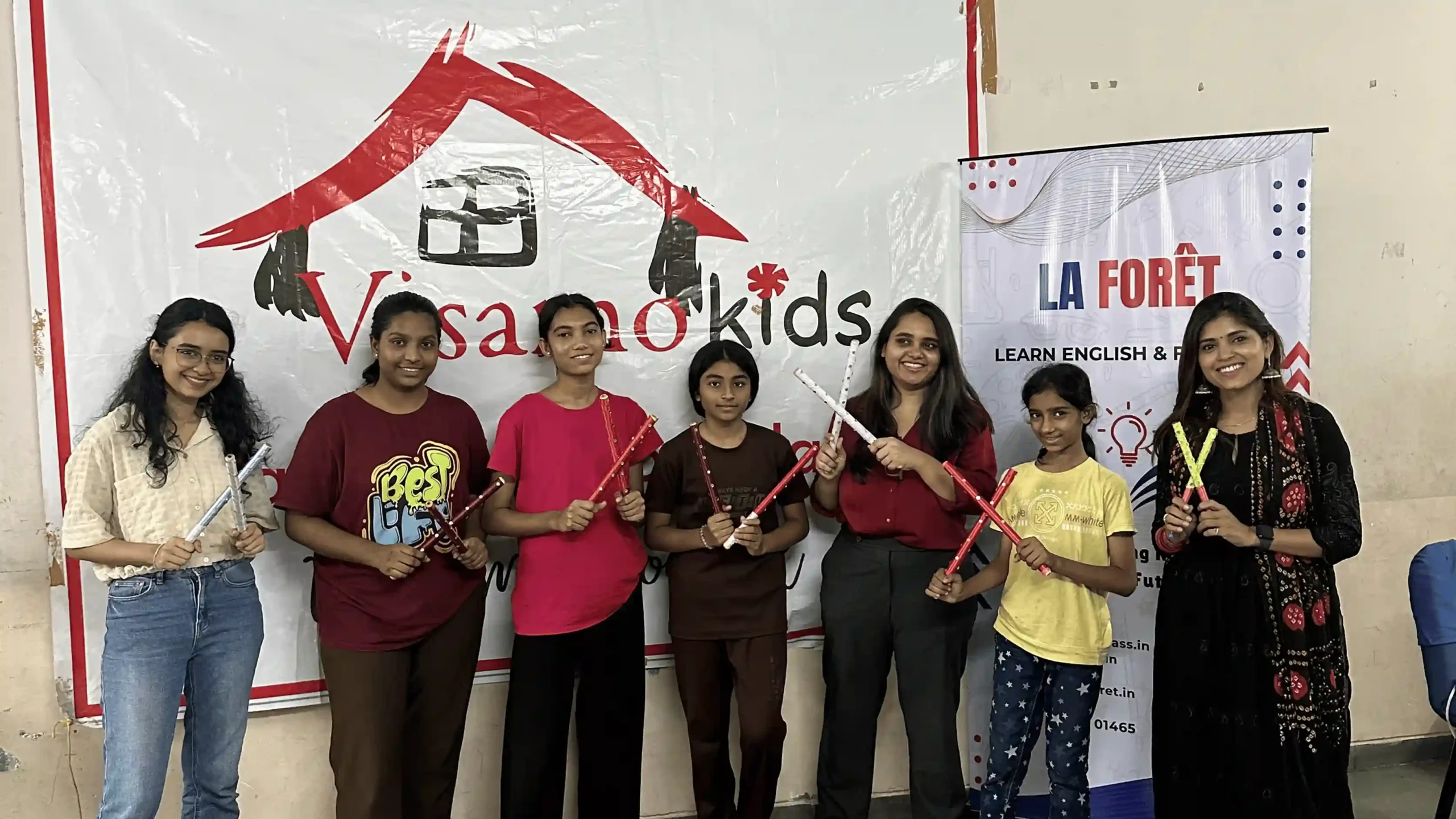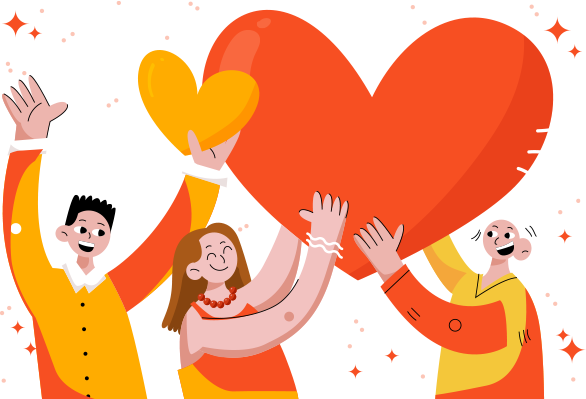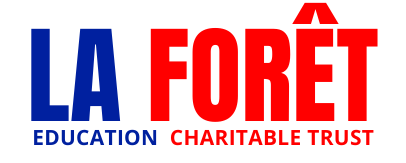As Nelson Mandela once said “Education is the most powerful weapon you can use to change the world.” He understood that it’s not a weapon of destruction, but a tool of transformation. It is a tool that can help build a brighter future, not just for individuals, but for their families and entire communities, and the world at large. But what if that weapon is never handed to a child? Just like food, water, and love, education is a basic need — a right that no child should be denied.
Yet today, millions of children wake up with dreams but no books, no classroom, no teacher. If we see the numbers, approximately 260 million children are out of school. This clearly screams the fact that not everyone is able to access quality education, be it due to poverty, gender discrimination, disability or geographical limitations. There might be a hundred such reasons, but the dream is one: “Education should never be a privilege. It’s a basic right and every child deserves it.”
Why Quality Education Matters?
We talk about lack of quality education but what does “quality education” truly mean? It’s not just about teaching how to read and write. It’s about equipping the kids with essential life skills such as how to think creatively, communicate kindly, solve problems logically, take decisions wisely nd believe strongly. Simply put, quality education is the difference between survival and success.
When a child receives good education, the impact is lifelong. They grow up with the ability to earn, care for their families, and give back to society. Communities grow stronger, healthier, and more hopeful.
For individuals, quality education opens doors to better employment, higher income, and improved living standards breaking the cycle of poverty and inequality. For communities, this creates ripple effects—more job opportunities, stronger economies, reduced crime, and healthier societies. But its impact doesn’t end there. It creates curious minds, compassionate hearts, and responsible citizens. And these educated citizens make informed decisions, participate in democratic processes, and contribute to societal progress. So, when we invest in a child’s education, we are investing in everyone’s future. Every book in a child’s hand is a brick in the foundation of a stronger world.
Barriers to Education Around the World
We know that quality education is life-changing, but only when it’s accessible. So, despite knowing its importance, why is it still out of reach for millions?
First, money. Many families simply can’t afford school fees, uniforms, or transport. Some children are forced to drop out because their parents face the agonizing choice: send their kid to school or make sure the family doesn’t go hungry. So instead of classrooms, children end up in labor or on the streets.
Then there’s the silent injustice of gender discrimination. In some parts of the world, girls are still expected to stay home, help with chores, or marry young rather than pursue an education. Because “Why educate a girl if she’s going to marry anyway?” is just another mindset that destroys generations of potential.
Geographical limitations also play a huge role. Children in remote or rural areas often have to walk miles to reach the nearest school, if there is a school at all. Imagine walking barefoot through forests or crossing rivers just to attend a class.
Children with disabilities, classrooms often remain unwelcoming, lacking ramps, or teachers who understand their unique needs, shutting out a whole group of bright young minds from the classroom. They’re left behind simply because the world didn’t make space for them.
These are the crushing realities faced by innocent children every single day, robbing them of their fundamental right to learn and grow. Sadly, for many the path to learning is blocked by these obstacles.
The Role of Education in Breaking the Cycle of Poverty
Poverty is one of the main reasons for lack of education. Ironically, education is one of the most powerful tools in breaking the vicious cycle of poverty. How, you ask?? When a child from an underprivileged background gets quality education, he is more likely to find stable employment, earn a higher income and helping the family come out of poverty. On a larger scale, they can send their siblings, children to be educated as well and thus creating a chain to educate generations in the future.
This isn’t just theory; it’s a proven fact. According to the World Bank, if all students in low-income countries left school with basic reading skills, 171 million people could escape extreme poverty. UNESCO also reports that every additional year of schooling can increase a person’s income by up to 10%.
By focusing on education today, we build a future where fewer families are trapped in poverty. It’s a long-term investment with generational returns, and it starts with giving every child the chance to learn. As the old proverb goes, “Give a man a fish and you feed him for a day; teach a man to fish and you feed him for a lifetime.” Education teaches a person to fish, empowering them for life.
How Education Promotes Equality and Empowerment?
Education has the power to level the playing field. It gives every child, regardless of their gender or background, the power to stand tall and reach for their dreams.
“When you educate a child, you change a life. When you educate a girl, you change the world.” It gives her a voice to say NO to early marriages or domestic violence. Instead, by going to school they become inspiration for many and challenges old, unfair norms. An educated girl is less likely to marry early, give birth to fewer children and more likely to contribute meaningfully to her family and economy.
Education also empowers marginalized communities, refugees, tribal children and the disabled. It equips them with the knowledge and confidence to understand their rights, advocate for themselves, and participate fully in society. Everyone is welcomed with open arms, no matter the colour of their skin, the language they speak, or the family they come from.
Not to mention, education is a social leveler. It doesn’t discriminate. A child from a slum and one from a skyscraper both learn the same alphabet on the same desk and have the same chance. Education doesn’t erase differences but it celebrates them. It teaches empathy, fairness, and respect. And that’s how we build a kinder, more inclusive world.
Impact of Education on Health and Social Well-being
The benefits of education go beyond academics, they reach into health, hygiene, and overall well-being. Educated individuals are more likely to make informed health choices, as they understand the importance of nutrition, hygiene, vaccinations, and regular check-ups. These small pieces of knowledge can dramatically reduce illness and save lives. This knowledge doesn’t just stay with individuals; it spreads through the family and community.
For example, a mother who has basic education is more likely to vaccinate her children, maintain hygiene at home, prepare healthy meals and seek medical help in time. This directly reduces child mortality and improves community health. In fact, children of educated mothers are 50% more likely to survive past the age of five.
Education also supports mental well-being. A child who feels seen, supported, and confident in school often grows up with a stronger sense of self-worth and emotional resilience. So, education is not just about being smart, it’s about being safe. It’s not just about being wealthy, it’s about being healthy.
The Global Responsibility: Ensuring Access for All
No one person or group can fix the education crisis alone. It’s a shared global responsibility. It takes all of us—governments, NGOs, schools, communities, and kind-hearted people like you.
Global initiatives, like the United Nations’ Sustainable Development Goal 4 (SDG 4), are shining examples of this shared promise. They highlight a clear commitment to “inclusive and equitable quality education for all” by 2030. But achieving this goal needs more than policies—it needs people. It needs action on the ground.
Governments must prioritize education funding and policy. NGOs must take initiatives to reach remote and underserved communities. And as individuals, we can support, volunteer, donate, or simply spread awareness. Every small effort counts. Because when we join hands, we don’t just build schools. We build a world where no child is left behind.
A Small Step Can Make a Big Difference
Think about where you would be now if you had never received education. Think about who you would be if you’d never gone to school. It’s impossible to really know. Every child deserves this chance to learn, grow and become something in life. And that’s only possible with combined effort.
Supporting education doesn’t always mean big donations. It can mean tutoring a child, sponsoring a school bag, or simply spreading the message. Organizations like La Forêt Education Charitable Trust work tirelessly to bridge this gap and bring hope where it’s most needed. We believe that even the smallest step can make a huge impact. Your involvement, however big or small, helps write a happier story for countless futures. So, let’s stand together for a future where education is a right, not a privilege.
